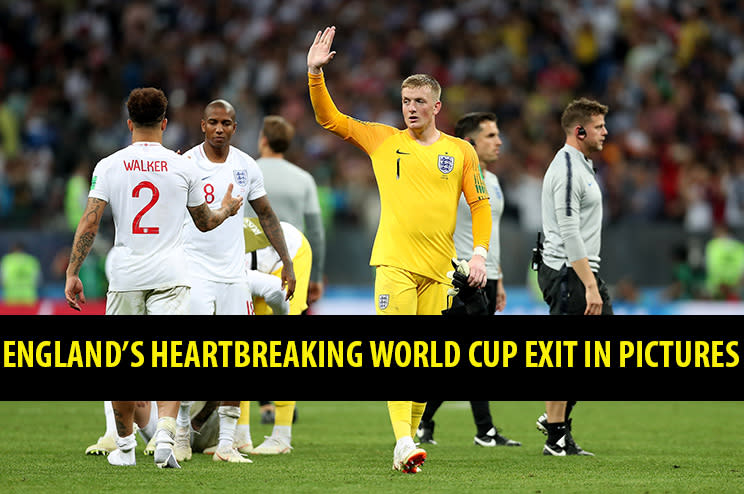"We are trying something different here” - how youth football is being overhauled in Russia
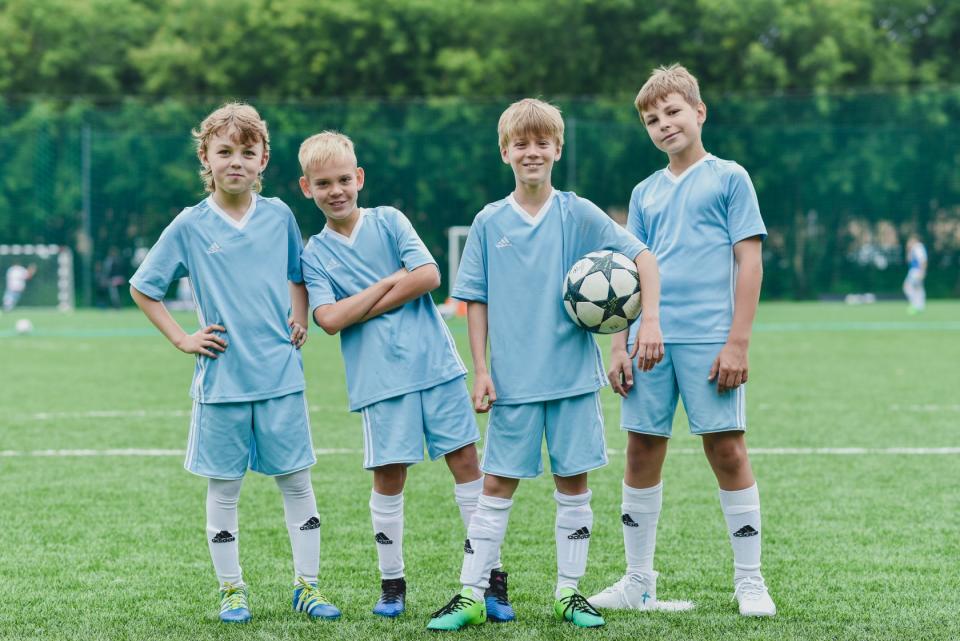
Russia success at World Cup could be damaging to youth coaching culture in the country.
Russians were anticipating humiliation of catastrophic proportions ahead of this World Cup, but, incredibly, the lowest ranked team in the competition came within a penalty shootout of the last four, therefore proving Russian football is not in as bad a state as many make out? Not quite.
With a woeful World Cup record, on the back of a group-stage elimination at World Cup warm-up Confederations Cup last year, Russians were not expecting much from their side in this tournament.
Then, out of nowwhere, Saudi Arabia are put to the sword to the tune of five goals in the tournament opener, before Mohamed Salah and Egypt were then disposed of to put Russia through to the last 16.
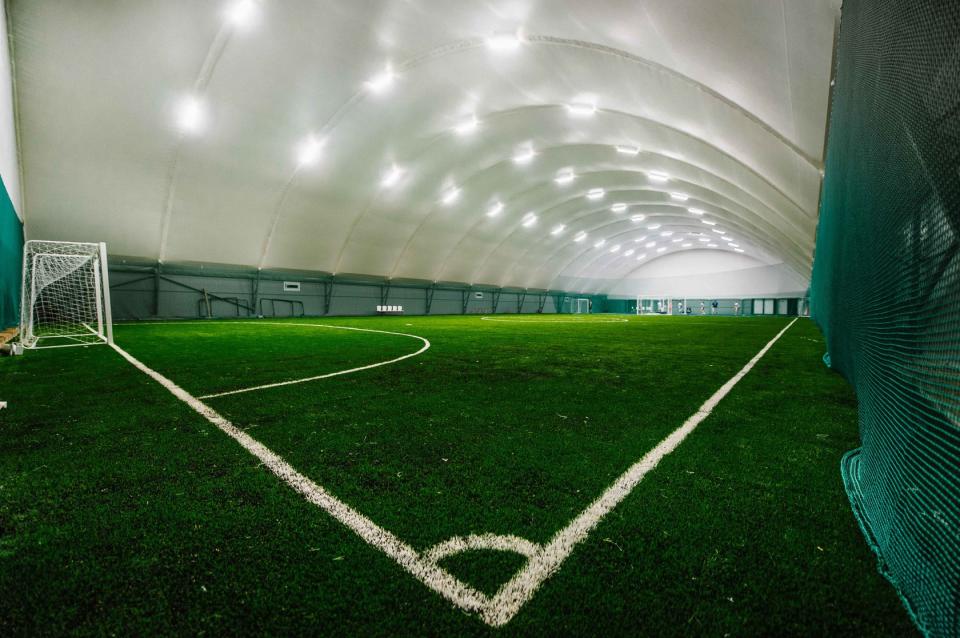
They didn’t stop there. Spain would surely be a step too far for the hosts, but riding their luck along the way, Russia booked a spot in the quarter finals, before heartbreak against Croatia after the most spirited of efforts. As a result, Russian football surely cannot be in as bad a state as it previously seemed can it?
Pjotr Sauer – founder and Chief Financial Officer of City Sport, a group of football academies and football centres in Moscow – does not think so, with Russia’s unthinkable progress giving a false view of the state of youth development in the country.
“There is no denying that youth football is in a very bad state,” Pjotr tells Yahoo Sports. “The coaches are not good, there is corruption. The biggest problem, though, is that there are no amateur leagues. You either play for the big Moscow teams or you don’t play.
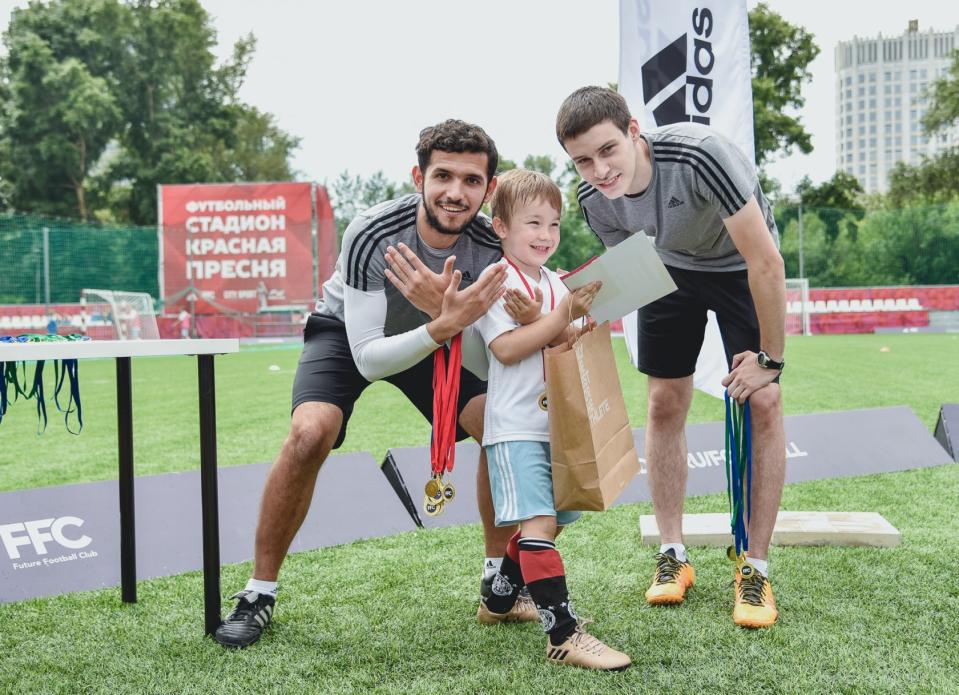
“It is almost impossible for late bloomers to make it into top academies. That is the biggest difference between here and the Netherlands for example. Look at Dennis Bergkamp and Ruud van Nistelrooy – they were not top of their class early on but they blossomed later and got picked up in the amateur leagues. In Russia you don’t have this.”
Sauer and his brother are doing their bit to change the outlook for youth football in Russia. Having invested a great deal of their own money into the system, building pitches themselves, where they now house dedicated academies, with foreign coaches, centred on the Dutch methodology.
“My brother and I own a bunch of football pitches in Moscow, Saint Petersburg, Kazan and a bunch of other places,” Sauer adds. “We also have a football academy.
“We created our own club called Future FC, which came an unofficial satellite club of Ajax. Now we are on our own. All our coaches are young Russian guys, who are flown into Holland for week-long sessions to improve them as a coach.
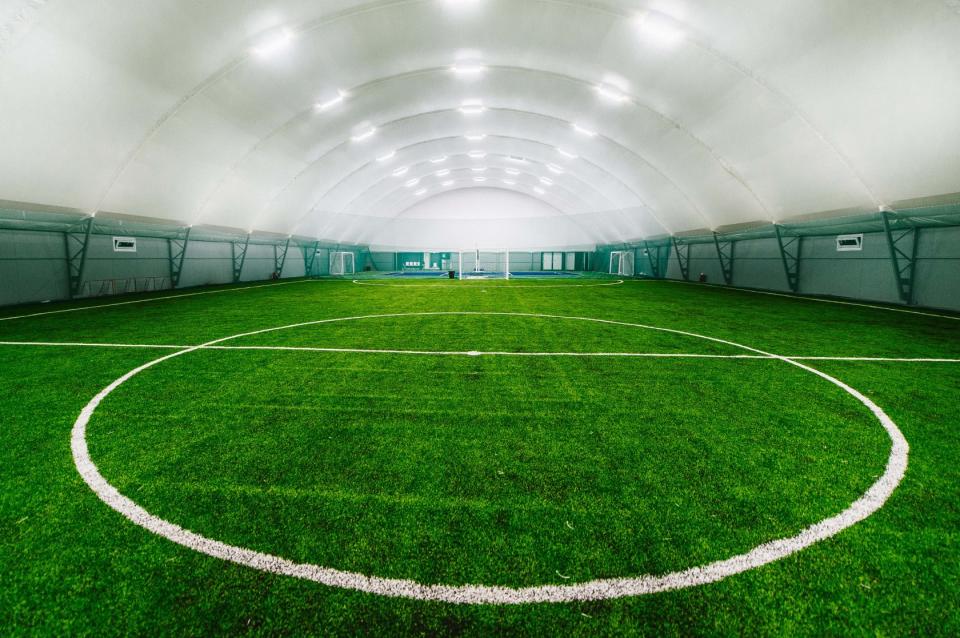
“We have summer camps where we bring in coaches from the Netherlands to install this European mentality. Coaches in Russia have this old school Soviet mentality, and are very cruel, but we are trying to go down a more modern, un-Russian path.
“In Holland you have the Cruyff legacy – focusing on technique, possession, the Total Football. Every player has to be technical. At the moment everyone is a bit sceptical, as Holland have not qualified for this World Cup, but traditionally, the Dutch way is what people want. We are trying something different here in Russia.”
During the World Cup, Sauer did try something different, offering cheap, tent accommodation in some of his football centres for fans, where fans would otherwise have been forced to play inflated rates in Moscow during the tournament.
“We saw the crazy prices that were being charged for the World Cup and thought we should do something about it,” Sauer adds.
“So in one of the indoor domes that we have, we set up around 200 tents. For the last week of June, we were at full capacity – over 300 guests per night.
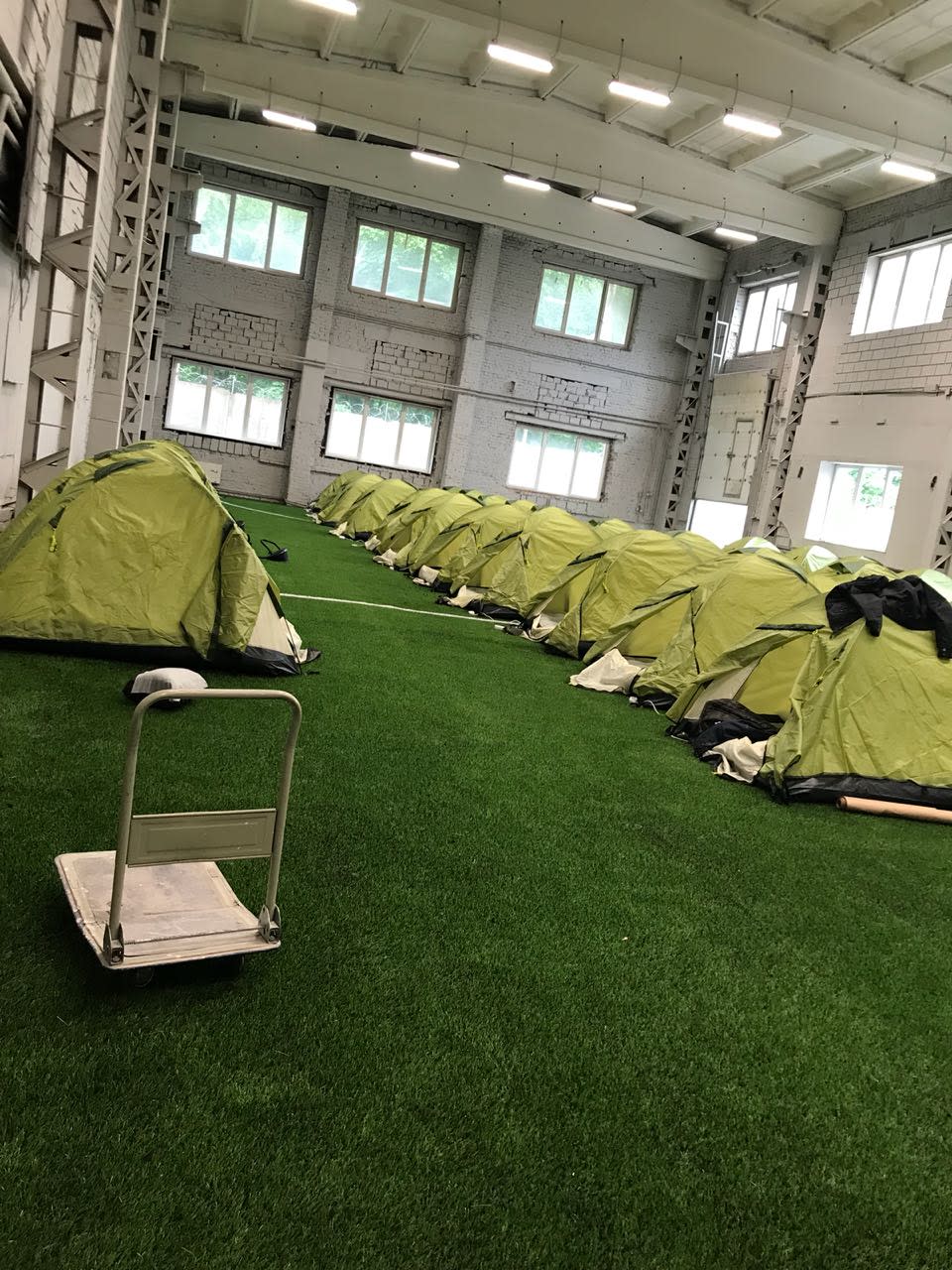
“One football pitch was covered in tents, then a pitch where people played football and other games.
“The South Americans made it very colourful indeed. They decorated their tent with all sorts of things, with sombreros and Ave Maria’s as their mascot. It was really funny to see.
“It was not about making money – we did not need to do it for that. It was about having fun and meeting people from all over the world.”
With the tournament almost over, it will be back to the task of trying to improve football at the grassroots level, with the potential for such improvement, in theory, with the income the World Cup has generated, greater than ever before.
READ MORE: Steven Gerrard praises England for outperforming Golden Generation
READ MORE: Arsenal boss Emery wants five captains and ready for sixth signing
READ MORE: In defence of Raheem Sterling’s World Cup performances
However, as Sauer points out, things do not always work in such a way in this part of the world.
“Big companies like Pepsi have invested a lot of money into the country, which will go towards improving facilities,”Sauer adds.
“But, knowing Russia, now they have done well, they will think nothing needs to change. We have a long way to go.”

 Yahoo Sport
Yahoo Sport 






































